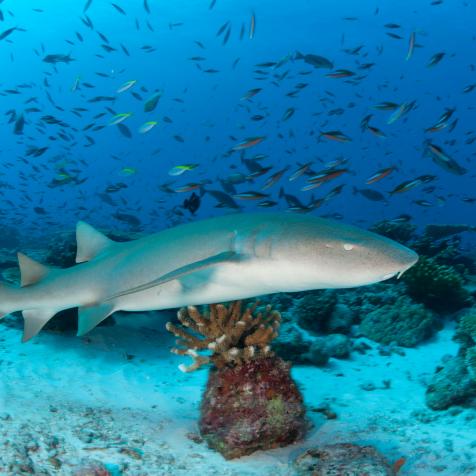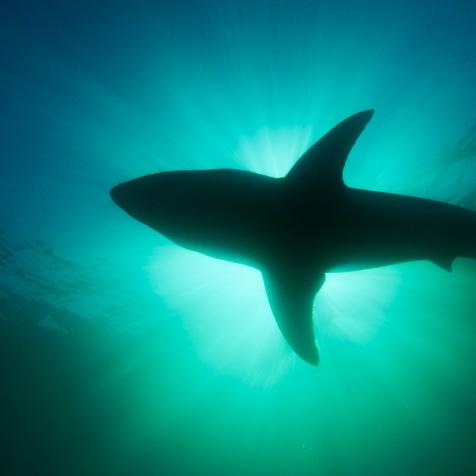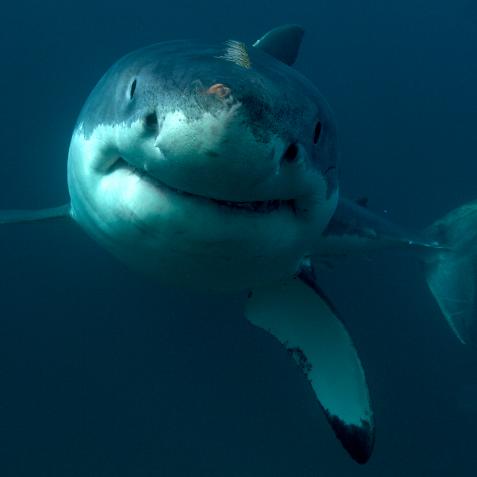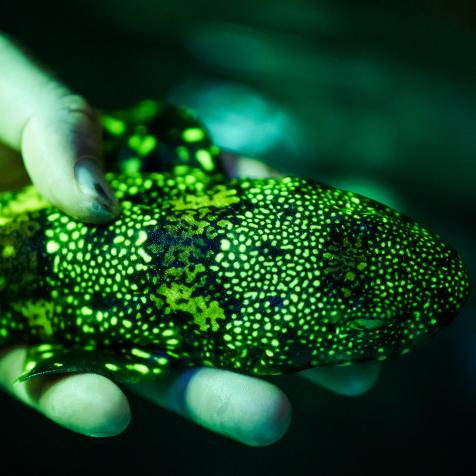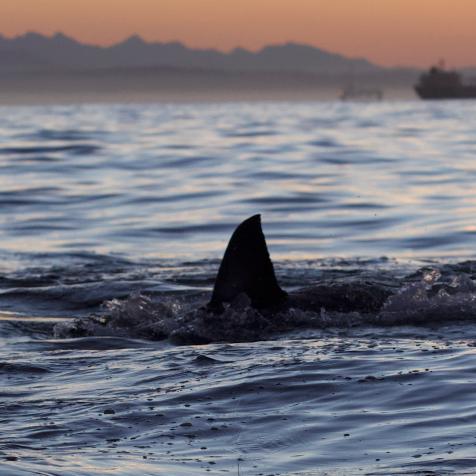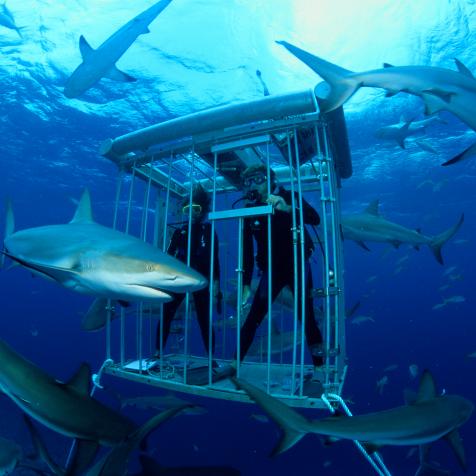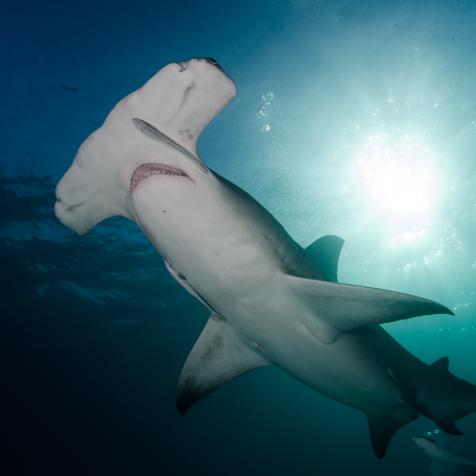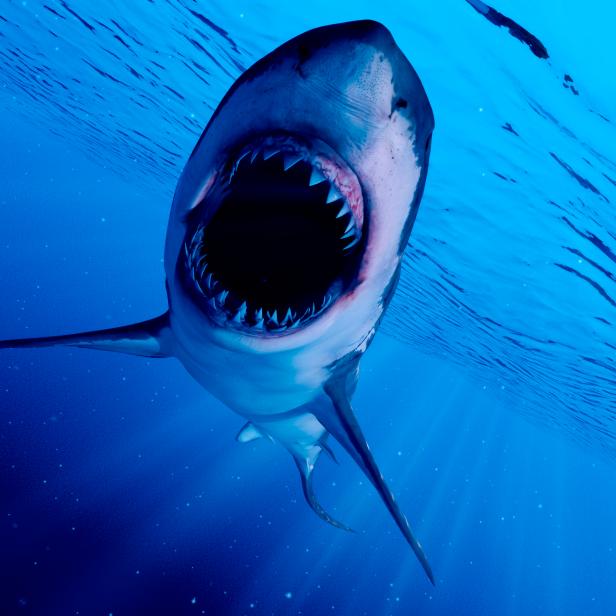
SCIEPRO/SCIENCE PHOTO LIBRARY
There’s a Lot You Don’t Know About Sharks
But in the meantime, here are some fin-tastic facts you probably didn’t know about sharks.
Science doesn’t lie, but there are still so many mysteries to uncover about our favorite ocean predators.
Sharks have Two…
Did you know that there are very few observed instances of sharks mating in the wild? We do know some things about mating due to aquarium research and actual reproduction. For example, sharks have two penises, sort of.
Known as claspers, these two reproductive organs are only on male sharks and they act as the channel for the semen to enter the female’s cloaca during mating. The clasper essentially latches on to the female to facilitate reproduction.
The Truth About Baby Sharks
There are three ways that baby sharks are born, some sharks lay eggs, others birth live young--and some female sharks even store fertilized eggs for a specific gestation period which then hatch internally and are birthed.
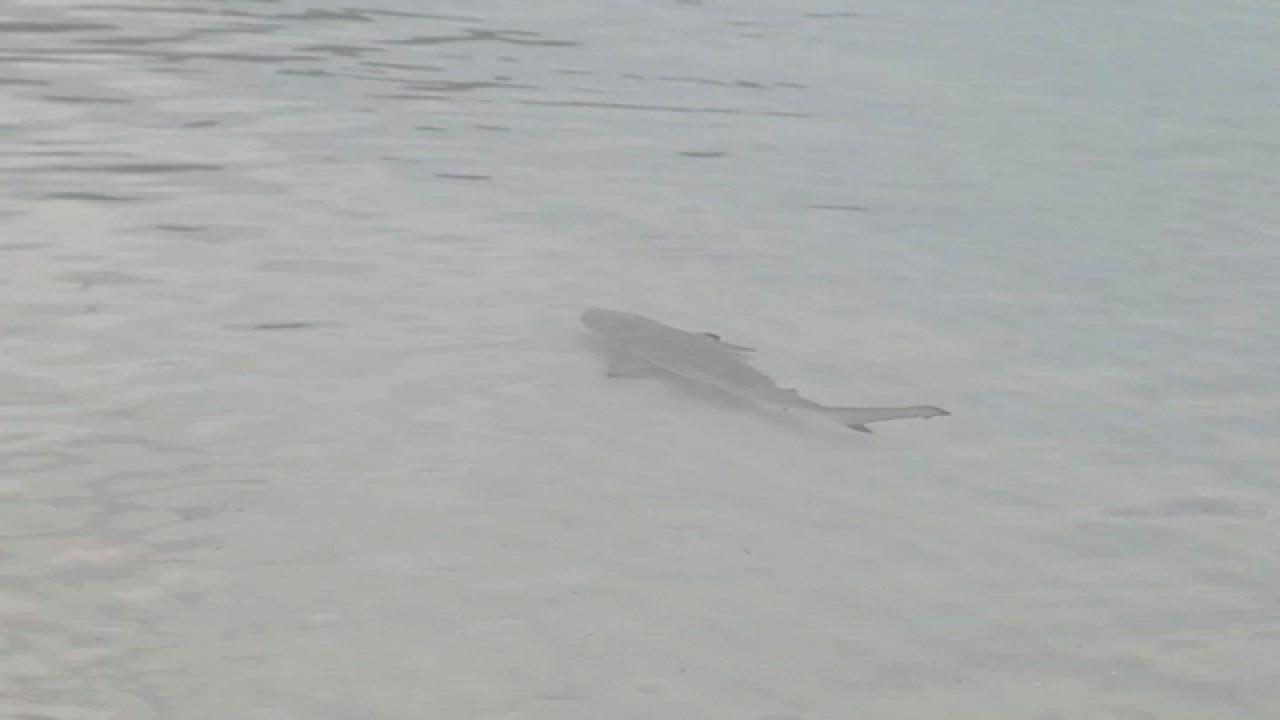
Shark sex is cool, shark anatomy is cool, really, we just love sharks.
SHARK WEEK starts AUGUST 9 on Discovery. There's a lot you still don't know about sharks.









